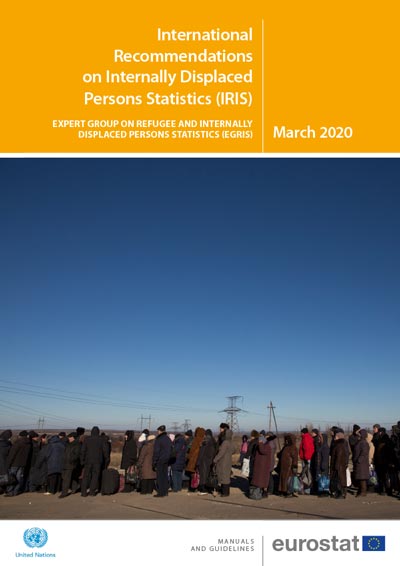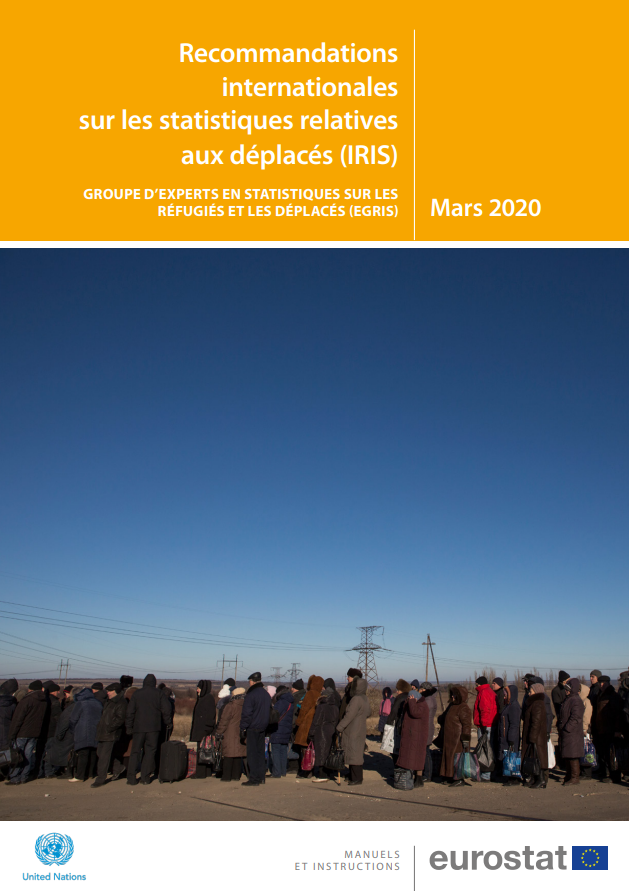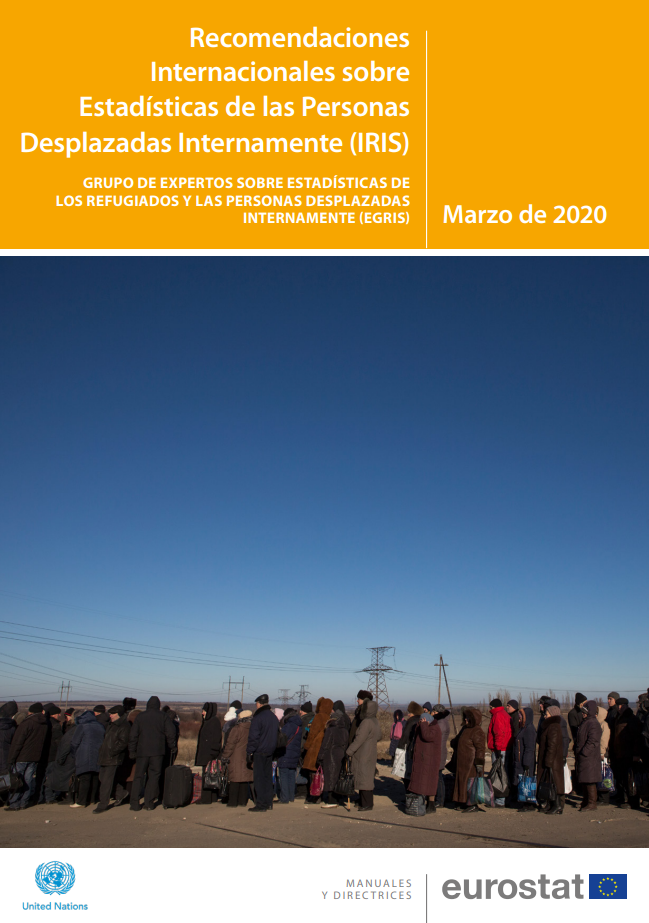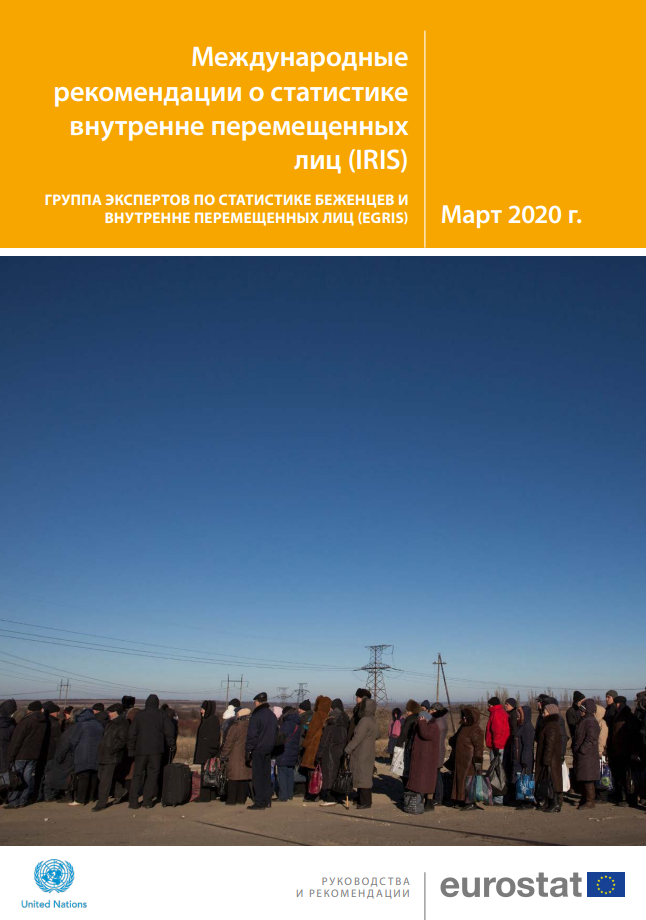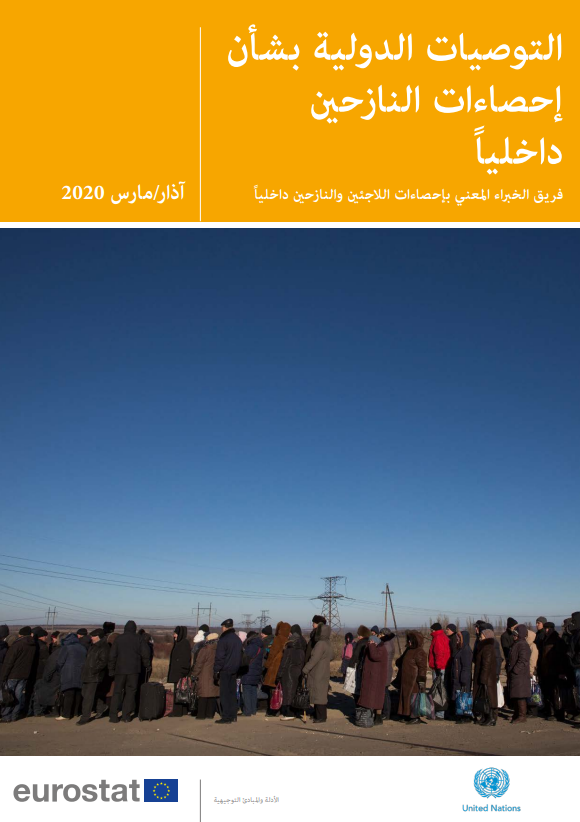International Recommendations on Internally Displaced Persons Statistics (IRIS)
The International Recommendations on Internally Displaced Persons Statistics (IRIS) outline an internationally – agreed framework for countries and international organisations to improve the production, coordination, and dissemination of high-quality official statistics on internally displaced persons that are consistent over time and comparable between regions and countries.
They are the result of a joint effort of experts from national statistical systems and international and regional organisations within the Expert Group on Refugee, IDP and Statelessness Statistics (EGRISS). Unanimously adopted at the UN Statistical Commission (UNSC) 51st session in 2020 (Decision 51/116), the IRIS build on the Technical Report on Statistics on Internally Displaced Persons – a stock-take of existing approaches to collecting IDP statistics and statistical quality issues. They are aligned with the International Recommendations on Refugee Statistics.
The IRIS offer critical guidance on how to improve the quality and availability of official statistics on internally displaced persons. Namely, the document provides:
- Standardised terminology and classifications based on the UN Guiding Principles on Internal Displacement.
- List of basic data tabulations and variables.
- Assessment of relevant data sources and methods.
- Statistical measurement of progress towards solutions and of determining when a person has overcome key displacement-related vulnerabilities and can thus be taken out of the IDP stock, based on the IASC Framework on Durable Solutions for IDPs.
- Recommendations to improve coordination (national, regional, international) as well as quality, including the relevance of statistical legal frameworks and capacity development.
Translations
Additional resources
Technical Report on Statistics on Internally Displaced Persons
Current practice and recommendations for improvement (2018)
Implementation examples
Read more about how countries and institutions have started to apply the recommendations to harmonize definitions and concepts, include refugees and IDPs in national data collection exercises, build capacity and improve the coordination between different stakeholders working in the area.

